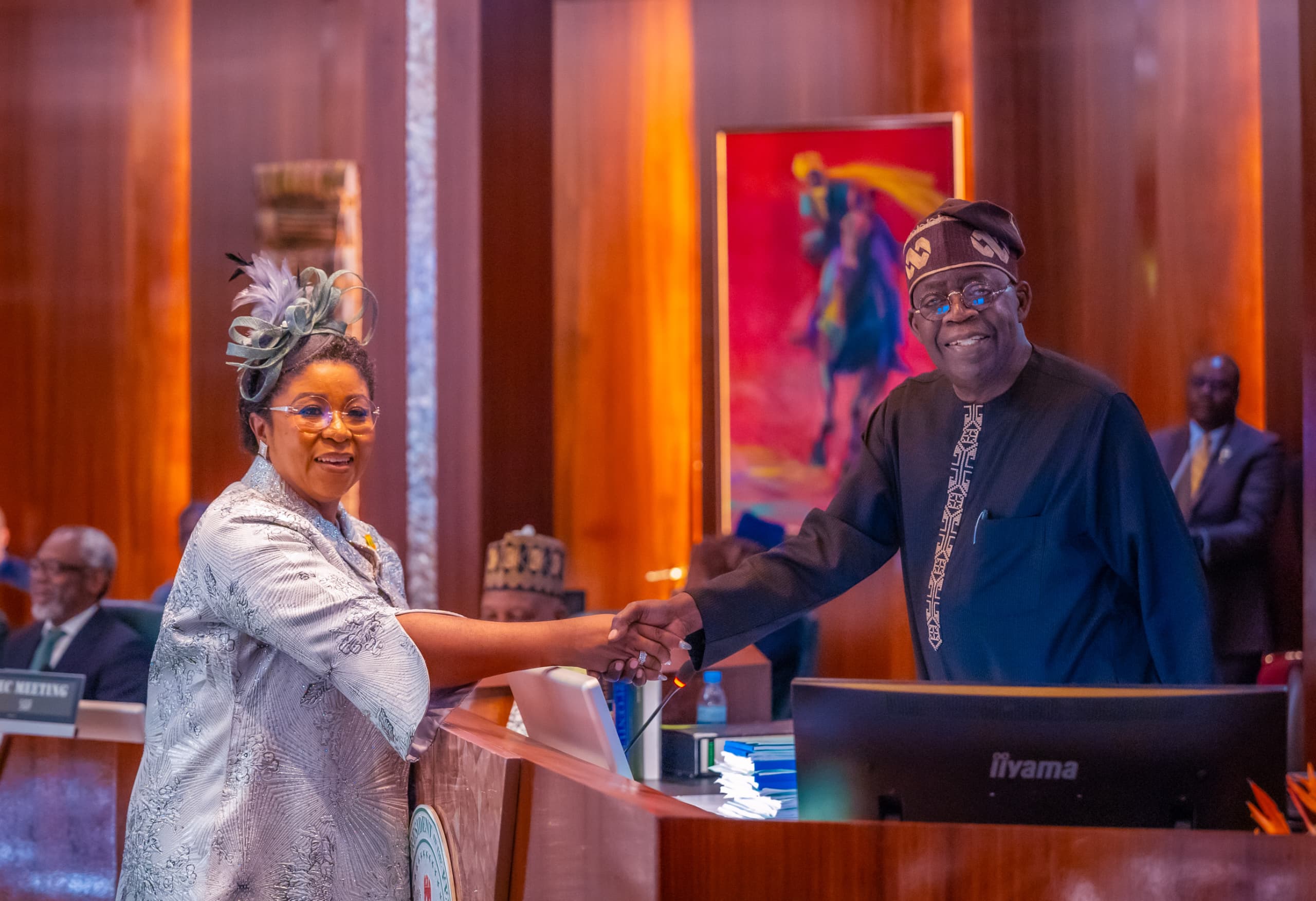Masses in Nigeria have taken to the streets in major cities to voice their frustrations over economic difficulties, despite the government’s attempts to avert the demonstrations.
The inflation rate has surged to 34 percent, primarily due to the removal of subsidies and the floating of the naira, making basic necessities unaffordable for millions.
The protest, labeled the #EndBadGovernance movement, gained traction on social media, sparking conversations among the nation’s youth on various digital platforms.
In response to the rising call for protests, authorities nationwide attempted to dissuade participation, warning that the events could be exploited by criminal elements.
While acknowledging the nation’s difficulties, officials urged the organizers to postpone the protests, requesting more time to address the issues at hand.
Nevertheless, the Take It Back Movement, one of the leading groups behind the protests, remained resolute in their decision to proceed.
The protesters are demanding the reinstatement of fuel subsidies and the previous foreign exchange system. They also seek government action on food shortages, unemployment, and the elimination of excessive spending by those in power.











